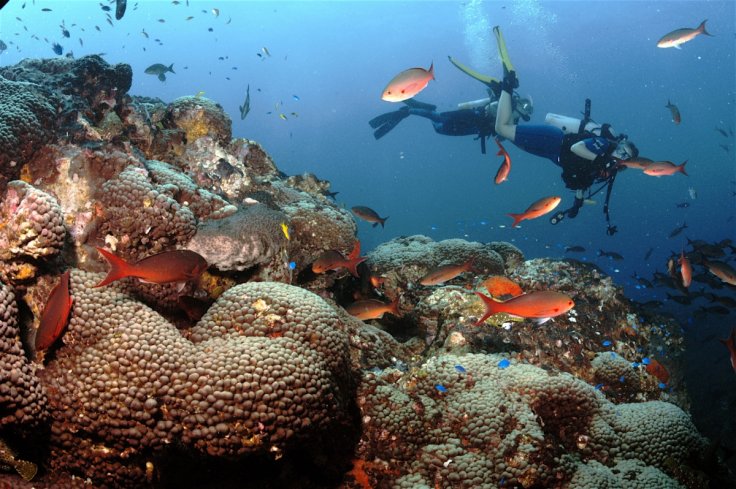A group of researchers warned that the biodiverse ecosystems around the world are in danger of completely collapsing due to various factors. In a new study, the researchers identified the combined effects of extreme weather, climate change and human activity as the main causes behind the destruction of tropical forests and coral reefs.
The researchers published their new study in the journal The Royal Society. For the study, the researchers focused on over 100 locations around the world that have biodiverse ecosystems.
Destructive Effect Of Climate Change

According to the researchers, areas such as forests and coral reefs are facing immense pressure from extreme weather conditions brought on by climate change. Powerful weather events such as hurricanes, typhoons and wildfires are already changing the layout of natural habitats around the world. The researchers noted that extreme weather in these areas can destroy the natural resources that animals rely on for food and shelter.
"A range of post-hurricane ecological consequences have been recorded in tropical forests: the destruction of plants by these weather extremes affects the animals, birds and insects that rely on them for food and shelter," Dr Guadalipe Peralta from New Zealand's Canterbury University said in a statement.
Harmful Human Activities

Aside from natural threats, biodiverse ecosystems are also being destroyed by human activities. According to the researchers, threats such as pollution, deforestation and overfishing are making it harder for tropical forests and coral reefs to recover from the effects of extreme weather.
The researchers warned that the combined and ongoing effects of human activities and climate change drastically reduces the diversity of wildlife in these regions. Without these animals, the entire ecosystem of the affected regions could collapse.
"Tropical forests and coral reefs are very important for global biodiversity, so it is extremely worrying that they are increasingly affected by both climate disturbances and human activities," lead researcher Dr Felipe Franca of the Embrapa Amazônia Oriental in Brazil said in a statement.
To prevent the total collapse of the ecosystems, the researchers suggested implementing a targeted set of responses that aim to reduce carbon emissions and also to educate local communities about the importance of conservation.









